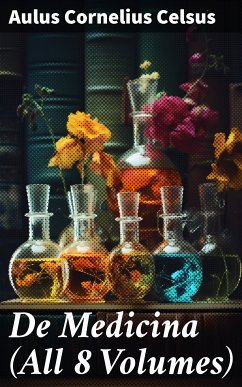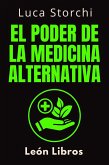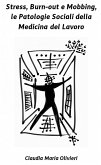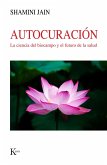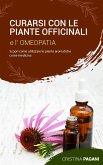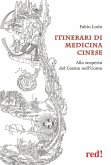Aulus Cornelius Celsus's "De Medicina" presents a comprehensive treatise on the medical knowledge of the first century CE, encapsulating the intellectual vigor of Roman medicine. This eight-volume work meticulously details various aspects of medical theory and practice, including diagnostics, surgical procedures, and pharmacology. Celsus's literary style embodies a blend of empirical observation and philosophical discourse, showcasing a systematic method that underscores the significance of reliable information in the pragmatic context of health care. His meticulous organization and clarity enable readers to navigate complex medical concepts, firmly situating his work within both Roman literature and the broader Hellenistic scientific tradition. Celsus, a Roman scholar whose life spanned the transition from the Republic to the Empire, was guided by a profound commitment to knowledge and practicality in the medical field. His diverse interests, which included philosophy and agriculture, alongside his extensive studies in Greek medical texts, provided him with a unique perspective. This rich background influenced his desire to synthesize existing medical knowledge, rendering it accessible not only to practitioners of his time but also to posterity. "De Medicina" is a crucial text for anyone interested in the history of medicine, offering invaluable insights into ancient medical practices and theories. Scholars, practitioners, and general readers alike will find this work both enlightening and practical, serving as a profound bridge between ancient scholarship and the continuing evolution of medical literature.
Dieser Download kann aus rechtlichen Gründen nur mit Rechnungsadresse in A, B, BG, CY, CZ, D, DK, EW, E, FIN, F, GR, H, IRL, I, LT, L, LR, M, NL, PL, P, R, S, SLO, SK ausgeliefert werden.

